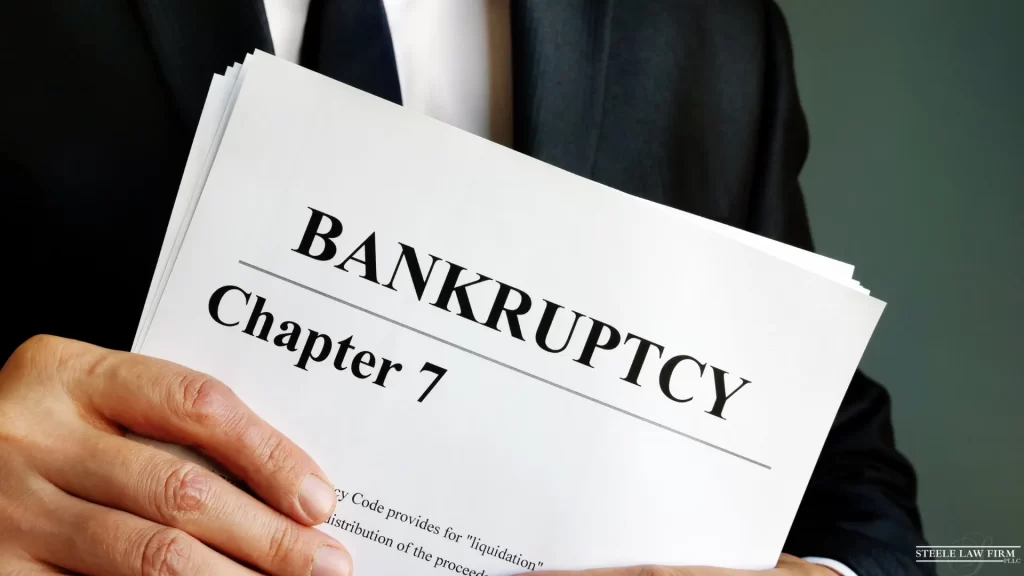You may need the help of an Arlington bankruptcy lawyer if you are considering filing for Chapter 7 bankruptcy. A lawyer can help answer important questions like, what assets do you lose in Chapter 7 in Texas? Speak with a lawyer today to review your options and determine if bankruptcy is right for you. Bankruptcy can be a useful avenue for those struggling to make their monthly debt payments and in need of a clean slate.

You could lose various assets after filing for Chapter 7 bankruptcy in Texas. These assets could include but are not limited to:
Texas residents have certain protections in Chapter 7 bankruptcy proceedings. These protections can include the Texas homestead, motor vehicle, and personal property exemptions.
A: Several types of assets may be exempt from Chapter 7 in Texas. The homestead, a residence on a large area of land, is one asset that may be exempt. If you sell your primary residence, the proceeds from that sale could be exempt. Any personal property, such as clothing, jewelry, food, or family heirlooms, could also be exempt. The value of your motor vehicle could be exempt as well. Finally, any retirement assets you have, such as 401(k)s, 403bs, or IRAs, could also be exempt.
A: Yes, there are alternatives to filing bankruptcy. One alternative is debt consolidation. Consolidating debt into a new loan at a lower rate can be a great avenue to help those who are struggling to make their debt payments. Debt settlement is another alternative. This is where creditors elect to settle the debt for less than the original amount.
Another alternative is a workout. This is a negotiation with creditors to restructure debt. An attorney can help you explore other alternatives.
A: A few things cannot be done through a Chapter 7 bankruptcy filing in Texas. For example, it cannot discharge any past due child support, student loan debt, IRS debts, or property taxes owed. Chapter 7 also cannot eliminate the obligations of any co-signers on loans. It also cannot eliminate a creditor’s rights to property that secures loans. For more details about what can and cannot be done through Chapter 7 bankruptcy, you should speak with an experienced bankruptcy lawyer.
A: Yes, you can file for Chapter 7 bankruptcy in Texas without a lawyer. However, having a lawyer on your side is highly recommended. A lawyer can help you avoid making any mistakes during the process. A lawyer can also help you be fully prepared for the bankruptcy proceeding. With a lawyer, you can better negotiate with creditors, prepare necessary legal documentation, and avoid fraud. A lawyer can be a great resource to have.
A: A Texas bankruptcy lawyer can be helpful in several ways. The bankruptcy process can have many different aspects, and understanding them all can be challenging without a lawyer. One thing a lawyer can do is review your situation, determine if you qualify for Chapter 7, and advise when you should file. A lawyer can also help you keep certain assets that you wish to protect from creditors. Lawyers also provide legal representation in court if necessary.
Bankruptcy court in Texas can be an overwhelming process, especially if you don’t have experienced legal support on your side. It can be challenging to navigate the complexities of the Texas bankruptcy court system on your own. One of the biggest mistakes people make is not engaging the help of a qualified bankruptcy lawyer. A lawyer can review your specific case, provide the necessary legal advice, and answer any questions you may have along the way.
The legal team at the Steele Law Firm, PLLC, could be the resource you need to get through your bankruptcy proceeding. Our team is well-equipped to help you whether you have questions that need answers, want to explore the extent of your legal options or need a legal professional to guide you through the bankruptcy process. With our team, you can trust that you’re getting the quality legal support you need. Contact us today to speak with a member of our legal team.




